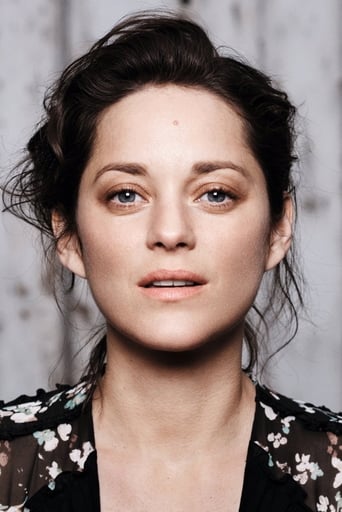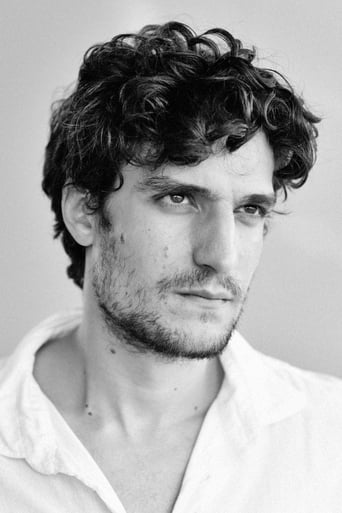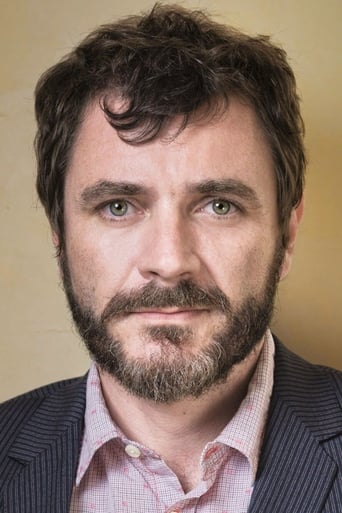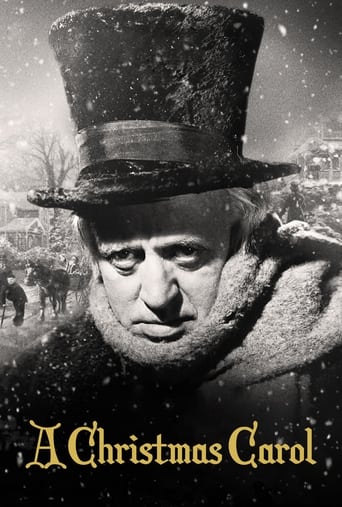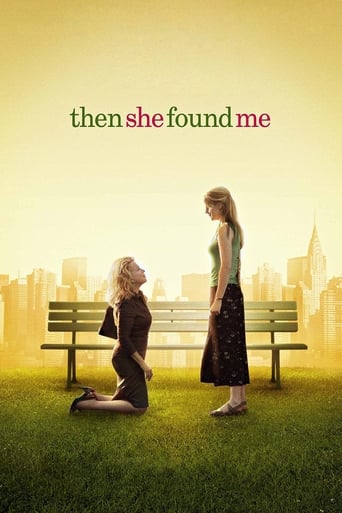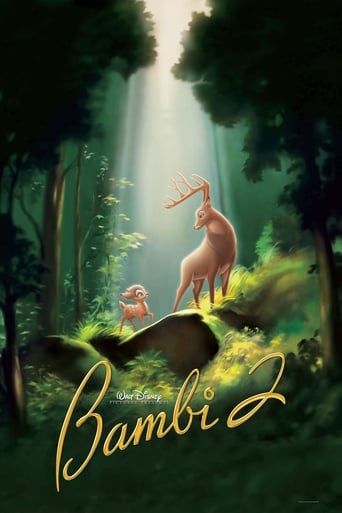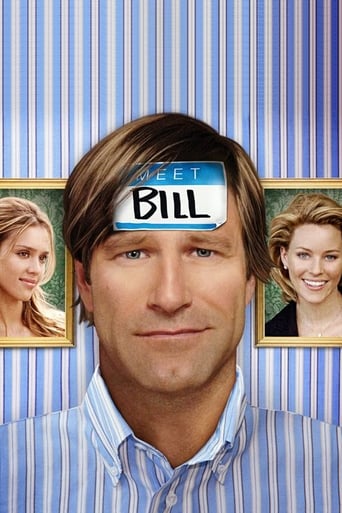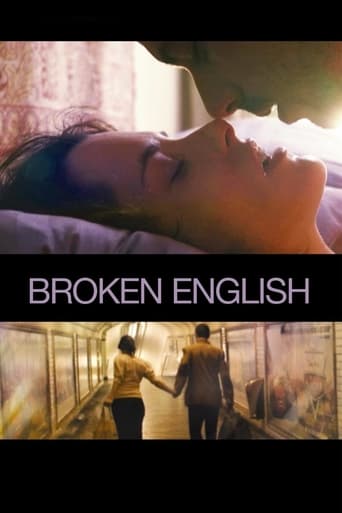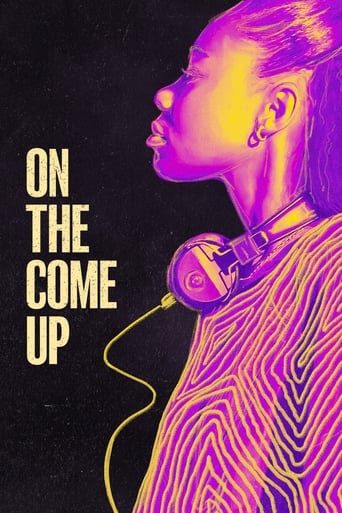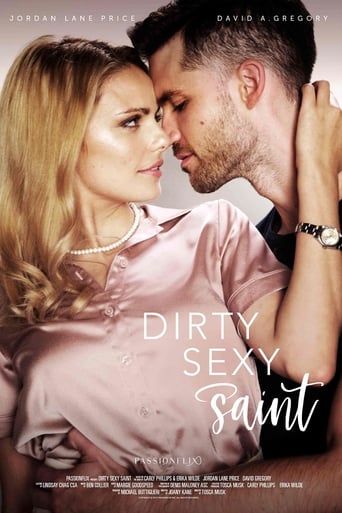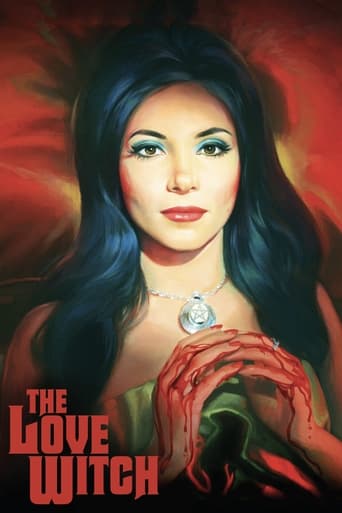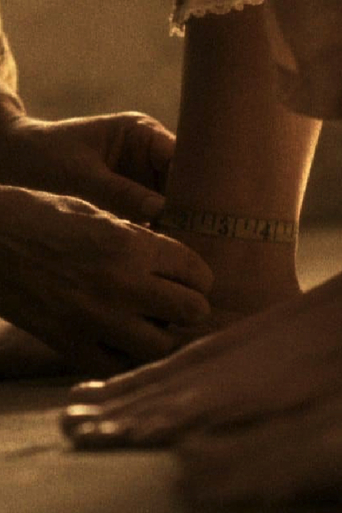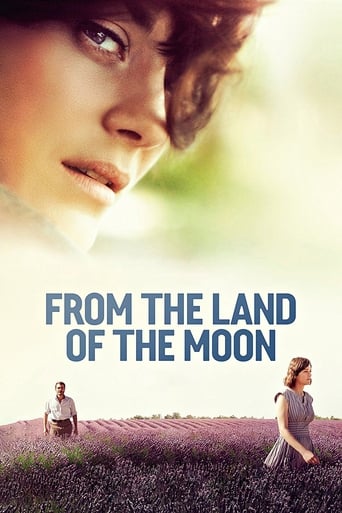
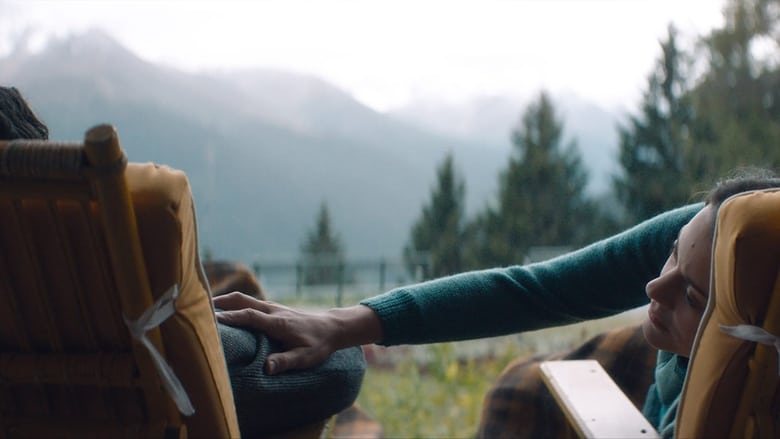
From the Land of the Moon (2017)
In 1950s France, a free-spirited woman trapped in an arranged marriage falls in love with an injured veteran of the Indochinese War.
Watch Trailer
Cast


Similar titles
Reviews
I think I would prefer to see a film based on what happens after the ending. There needs to be more exploration of Gabrielle's psyche. That would be far more interesting than what we have to work with here.Marion Cotillard is a wonderful actress and can express so much with her eyes, but the screenwriters can't seem to make up their minds about who Gabrielle is. Is she headstrong and rebellious or delusionally ill?Also not helping the screenplay is the director's vague timeline. We don't know exactly when this is set, presumably after WWII, but a 14 or 15-year period flies by without hardly a mention. Just how did Gabrielle and José manage to stay together during those long years?
Gabrielle, played by Marion Cotillard, wants to fall in love. She wants to love and be loved so strongly, that she does goofy stuff and her parents are worried. Her mother is smart enough to marry her with an inferior (economically) but decent and hard-working man. Gabrielle objects the wedding but there is nothing she can do. So the point is: Is there something wrong with Gabrielle's mind? Does she leave in the actual world or is she leaving in a world of her own where fantastic lovers approach her and make love to her? She is lucky her mother was right about the man she choose to marry her. He stands by her and helps her recover from the fantasies that torment her. Marion Cotillard is a wonderful actress and she manages to portray brilliantly the persona of a semi-mad woman. OK, it's a bit slow and depressing but the twist at the end, makes it a worth watching film. So that's a 6 plus 1 extra point for Marion...
Correct me if I'm wrong. This could be the first major film in which a grand passion starts with kidney stones. (Full disclosure: None of my three episodes went that way — but then none were spent at a posh French rural spa. Mind, one was in Paris.)The original French title is more revealing: The Sickness of the Stone. The film is about the affliction of stoniness — but that of the heart (turn left at the kidney). The central characters suffer from different forms of this inability to feel and to express true emotion. The central case is Gabrielle, who didn't learn emotions or their expression from her cold, practical mother. But her dull rural life nourished a rich hunger for fantasy, especially of the romantic persuasion. So powerful is her imaginative drive that it prevents her development of a real-life love. The English title — From the Land of the Moon — refers to her preference of her dream-world over reality in human connection. She is a moony dreamer, a "lunatic" in that original sense.Her first case is her schoolgirl crush on her literature tutor. She's so in love with the idea of being in love that — with no encouragement — she imagines a full-blown passion with that happily married older man. Her madness scares her mother into marrying her off to a Spanish bricklayer Jose. Gabrielle vows never to love him. He doesn't love her at the start of their marriage. Whether out of curiosity or good housekeeping, she eventually agrees to give him sex for what he would pay the prostitute. Then the kidney stones kick in. What begins as periodic cramps eventually causes a miscarriage. At Jose's insistence she retreats for treatment to a lavish country spa. There she continues her compulsive isolation — save her connection to a serving girl — until she meets and falls for Andre Sauvage. He lost a kidney in the Indochina war and suffers pained and drugged in his room alone. As his surname suggests, their eruptive passion does an end-around on the niceties of civilization and the sacrament of marriage. Or does it? A key scene in Gabrielle's imagined life plays out so persuasive that Jose's eventual revelation brings her — and us — thudding back to reality. Her men provide a key contrast in the theme of stoniness. Dream-man Andre (quite literally, at that) comes across as a man off intense emotion. But the wear has paralyzed him emotionally, rendering him unable to respond to the woman he might have loved "in another lifetime." In the spa for his missing kidney, Andre is another victim of emotional stoniness. From his experience in the Spanish civil war Jose suffered deracination, not as serious as the renal ruin but significant. It leaves him silent, withdrawn, private. His inexpressiveness seems healthy compared to his wife's florid fantasy. Unlike Andre, he can fully respond to Gabrielle, coming to love her through their shared life and even her suffering. He shows gallantry when he first walks away from her initial rejection. When he learns of her love for Andre, he respects her enough to allow her illusion to sustain her. Jose's reticent manner may suggest a coldness but he's the healthiest character in the film. He is a man of feeling not flash. Thanks to his practical engagement with the world and his growing emotional commitment, he ultimately gives Gabrielle the chance to find fulfilment here on earth. The last shot has them looking down on his village, his house, emphasizing her shift away from the moon. Indeed, Jose's character promises to sustain that marriage even better than the simpler, apparently happy marriage of Gabrielle's sister, who threatens to leave her husband's abandonment.
Another fine effort from Nicole Garcia, reminiscent of another bitter-sweet movie I also enjoyed, Philip Lioret's Mademoiselle. Both films feature a married wife and mother spotting something that instantly transports them back to a time they encountered love. Nicole Garcia, consciously or not, includes a lovely in-joke; Tchaikovsky's June Barcarolle is a key element in the movie, played initially by Gabrielle's lover and again, years later, by her son. Sigmund Romberg composed several operettas in the 1920s and 30s and cheerfully admitted to 'borrowing' from the classics; his song Lover Come Back To Me, utilised thirteen notes of June Barcarolle in the Release, under the words 'I remember ev'ry little thing you used to do' and then, four notes later 'ev'ry road I walked along, I walked along with you', and Gabrielle writes dozens of unanswered letters to her lover begging him to come back to her. Although everyone turns in a fine performance the film is lifted a notch by the exceptional acting of Marion Cotillard and equally outstanding direction of Nicole Garcia. Not to be missed.


